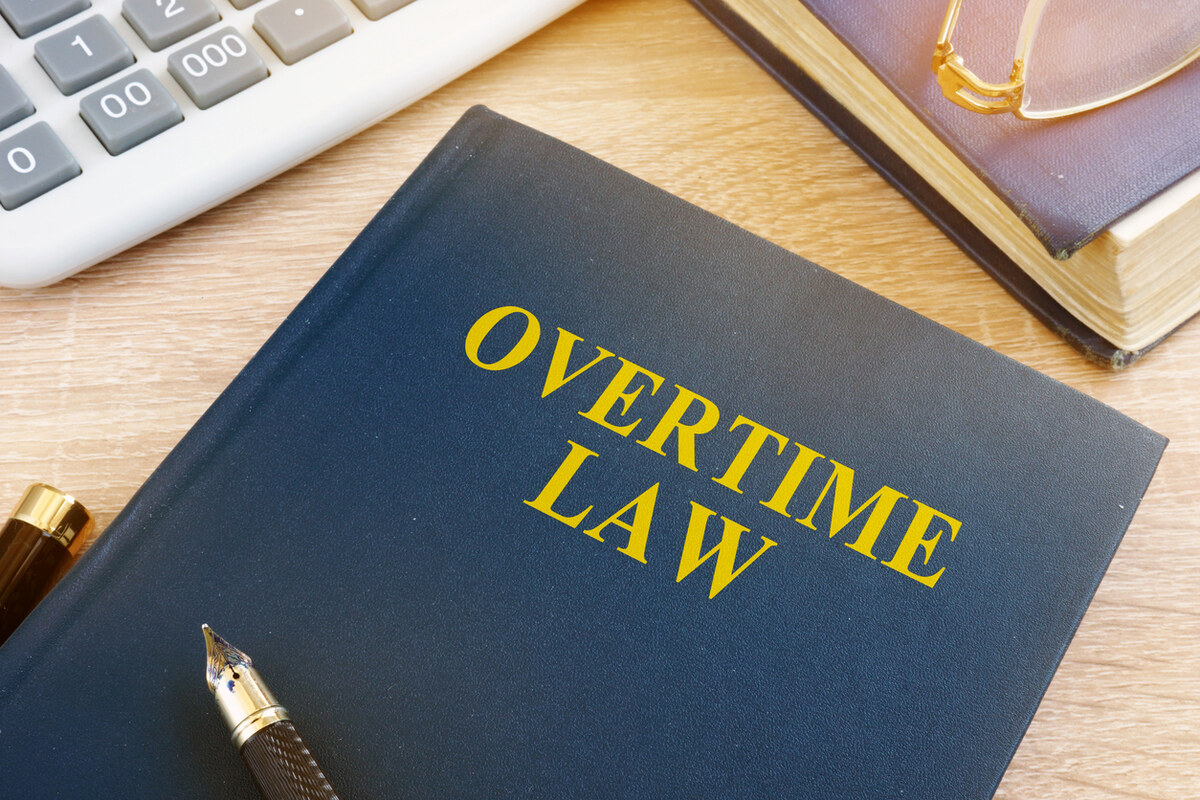Well-Known Fitness Brand Associated with California Wage and Hour Class Action

Los Angeles, CA: You would be forgiven if West Covina Corporate Fitness is a name that doesn’t ring an immediate bell for you. But Gold’s Gym might. In actual fact, West Covina Corporate Fitness Inc. (WCCF) does business in California under the Gold’s Gym banner, a popular brand amongst fitness buffs and professionals who like to get a little sweat equity in before work or after leaving the office for the day. However, WCCF is currently facing a California Wage and Hour class-action lawsuit over the alleged exclusion of commission wages earned by fitness trainers from hourly rates for the purposes of computing overtime.
The California Labor Code contains various wage and hour provisions for ensuring employees are paid their due. Standard practice holds that overtime pay is calculated as one-and-one-half the hourly rate when work time exceeds 8 hours in any given day, or 40 hours in a given workweek for all non-exempt employees.
The class-action lawsuit suggests that the exclusion of commission wages from the hourly rate effectively lowers the hourly rate for the purposes of computing overtime pay - and thus reduces the actual amount of overtime to which an employee would otherwise be entitled.
Another factor not uncommon to other California wage and hour lawsuits of this type is the allegation of missed meal and rest periods - again mandated by California labor laws. Employees are supposed to be provided with a paid, 30-minute meal period to be taken prior to the completion of the fifth hour of work during a daily tour of duty. The meal break is mandated to be uninterrupted by work commitments or other work-related distractions, ensuring the employee has a half hour to himself to nourish, rest and recharge. A series of shorter rest breaks are also required to be provided throughout the day.
The California wage and hour class action brought against WCCF alleges meal periods were often missed because WCCF did not have a designated system in place to ensure those meal periods were consistently provided, according to law. Were an employee be required to work through a paid meal break, he is effectively working overtime for those 30 minutes and should be duly paid.
The lawsuit was filed April 8 in Superior Court for the State of California, Case No. BC616304. Lead plaintiff in the proposed California Wage and Hour Class Action is Charles San Nicholas.
Meanwhile, a healthcare provider and the target for several lawsuits over the years has revealed through the release of its Form 10-K report filed with the US Securities and Exchange Commission (SEC) at the end of 2015, that a settlement to stem allegations in a California Wage and Hour lawsuit has been formally approved by the court.
The lawsuit, filed originally as a class action, was brought in April 2008 against DaVita Healthcare Partners Inc., a provider of kidney dialysis and an operator of several clinics throughout the country. The complaint, which was filed in the Superior Court of California, alleged that DaVita failed to provide meal periods, failed to pay overtime for missed meal periods and rest breaks, failed to pay overtime in general, and failed to comply with various other requirements as entrenched in the California Labor Code and state labor laws.
DaVita won the day on several trial court rulings, but the plaintiffs appealed and a tentative settlement was reached in June 2015. DaVita revealed in its Form 10-K filing that the proposed settlement, already having been granted preliminary approval, had been formally approved by the Court.
The value of the California wage and hour settlement in the DaVita case was not disclosed, but is presumed to be in excess of $3 million.
The California Labor Code contains various wage and hour provisions for ensuring employees are paid their due. Standard practice holds that overtime pay is calculated as one-and-one-half the hourly rate when work time exceeds 8 hours in any given day, or 40 hours in a given workweek for all non-exempt employees.
The class-action lawsuit suggests that the exclusion of commission wages from the hourly rate effectively lowers the hourly rate for the purposes of computing overtime pay - and thus reduces the actual amount of overtime to which an employee would otherwise be entitled.
Another factor not uncommon to other California wage and hour lawsuits of this type is the allegation of missed meal and rest periods - again mandated by California labor laws. Employees are supposed to be provided with a paid, 30-minute meal period to be taken prior to the completion of the fifth hour of work during a daily tour of duty. The meal break is mandated to be uninterrupted by work commitments or other work-related distractions, ensuring the employee has a half hour to himself to nourish, rest and recharge. A series of shorter rest breaks are also required to be provided throughout the day.
The California wage and hour class action brought against WCCF alleges meal periods were often missed because WCCF did not have a designated system in place to ensure those meal periods were consistently provided, according to law. Were an employee be required to work through a paid meal break, he is effectively working overtime for those 30 minutes and should be duly paid.
The lawsuit was filed April 8 in Superior Court for the State of California, Case No. BC616304. Lead plaintiff in the proposed California Wage and Hour Class Action is Charles San Nicholas.
Meanwhile, a healthcare provider and the target for several lawsuits over the years has revealed through the release of its Form 10-K report filed with the US Securities and Exchange Commission (SEC) at the end of 2015, that a settlement to stem allegations in a California Wage and Hour lawsuit has been formally approved by the court.
The lawsuit, filed originally as a class action, was brought in April 2008 against DaVita Healthcare Partners Inc., a provider of kidney dialysis and an operator of several clinics throughout the country. The complaint, which was filed in the Superior Court of California, alleged that DaVita failed to provide meal periods, failed to pay overtime for missed meal periods and rest breaks, failed to pay overtime in general, and failed to comply with various other requirements as entrenched in the California Labor Code and state labor laws.
DaVita won the day on several trial court rulings, but the plaintiffs appealed and a tentative settlement was reached in June 2015. DaVita revealed in its Form 10-K filing that the proposed settlement, already having been granted preliminary approval, had been formally approved by the Court.
The value of the California wage and hour settlement in the DaVita case was not disclosed, but is presumed to be in excess of $3 million.











No Comments